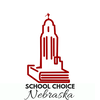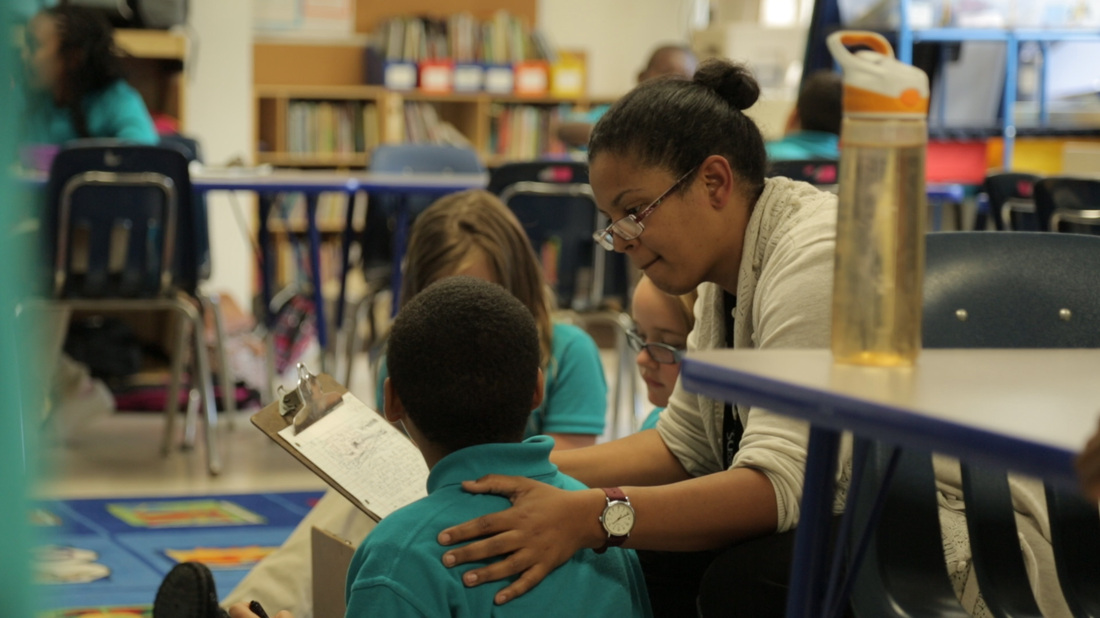|
With Lincoln’s increasingly diverse population, it’s not possible for every child to be educated under a one-size-fits-all format. A few PhDs cannot possibly anticipate the needs of every child in LPS schools, but the thousands of parents of LPS students know exactly what their kids need and what they want for their kids. They just need the freedom and resources to obtain it for their kids.
Who Makes the Decisions for Your Child's Education? School choice takes the control over public education out of the hands of a select few and puts the control into the hands of parents. This is done by changing the structure of public education so that the money follows the students instead of the students following the money. For example, if a child withdrew from a traditional public school and enrolled in a public charter school, the taxpayer money to educate that child would stay with the child. This is the difference between a free market economy and a command economy. In a free market economy—like the economy we have in the United States—people spend their money however they see fit, and businesses compete for consumer’s dollars. If too few people shop at the fruitcake bakery, it will either go out of business or change its selections to meet consumer demand. In a command economy—like China’s—a few people decide what should be produced. Government planners decide what will be produced and how it will be distributed. Although efficiencies may be gained for the overall group, individual needs are often neglected and left unfulfilled. Today's Public Education System in Nebraska As the public education system in the United States has become more and more controlled by federal and state government over the last century, a few people have gained power while individual students’ needs have been neglected. This might help to explain why we’re spending more and more money and getting less and less return on our investment. In fact, a recent CATO Institute study showed that American student performance has declined in mathematics and verbal skills despite a tripling of per-pupil spending over the past 40 years. The command-economy system we’ve instituted for Nebraska education isn’t working well—this is clear from recent NeSa scores. But we’re in a great position when it comes to school choice. Since 43 states already have school choice laws as part of their public education systems, we can look at the different laws and choose the methods that have proven to work best. There’s no need to experiment; the experiments have already been done from coast to coast. We just need to enact the best school choice practices and then let parents and guardians choose the best options for their individual children. And if opponents of school choice tell you that parents and guardians don’t have the education or knowledge to know what’s best for their kids, ask those opponents how many of Nebraska’s children they’ve rocked to sleep at night. How many of them have they helped with their homework and personally potty-trained? How many of them have they talked through nightmares and first-day-of-school jitters? How can they possibly know what’s best for each individual child?
0 Comments
Your comment will be posted after it is approved.
Leave a Reply. |
|


 RSS Feed
RSS Feed